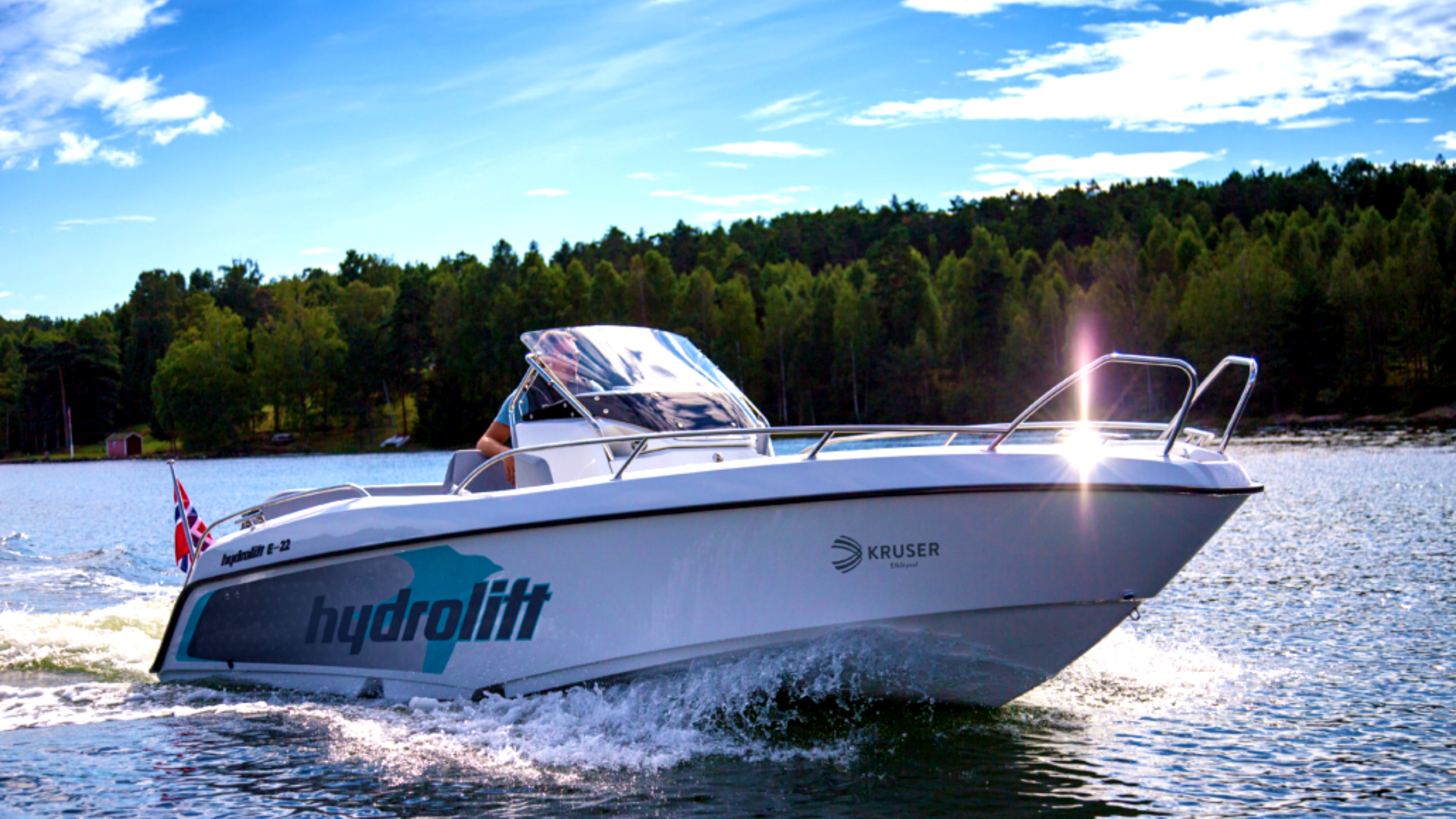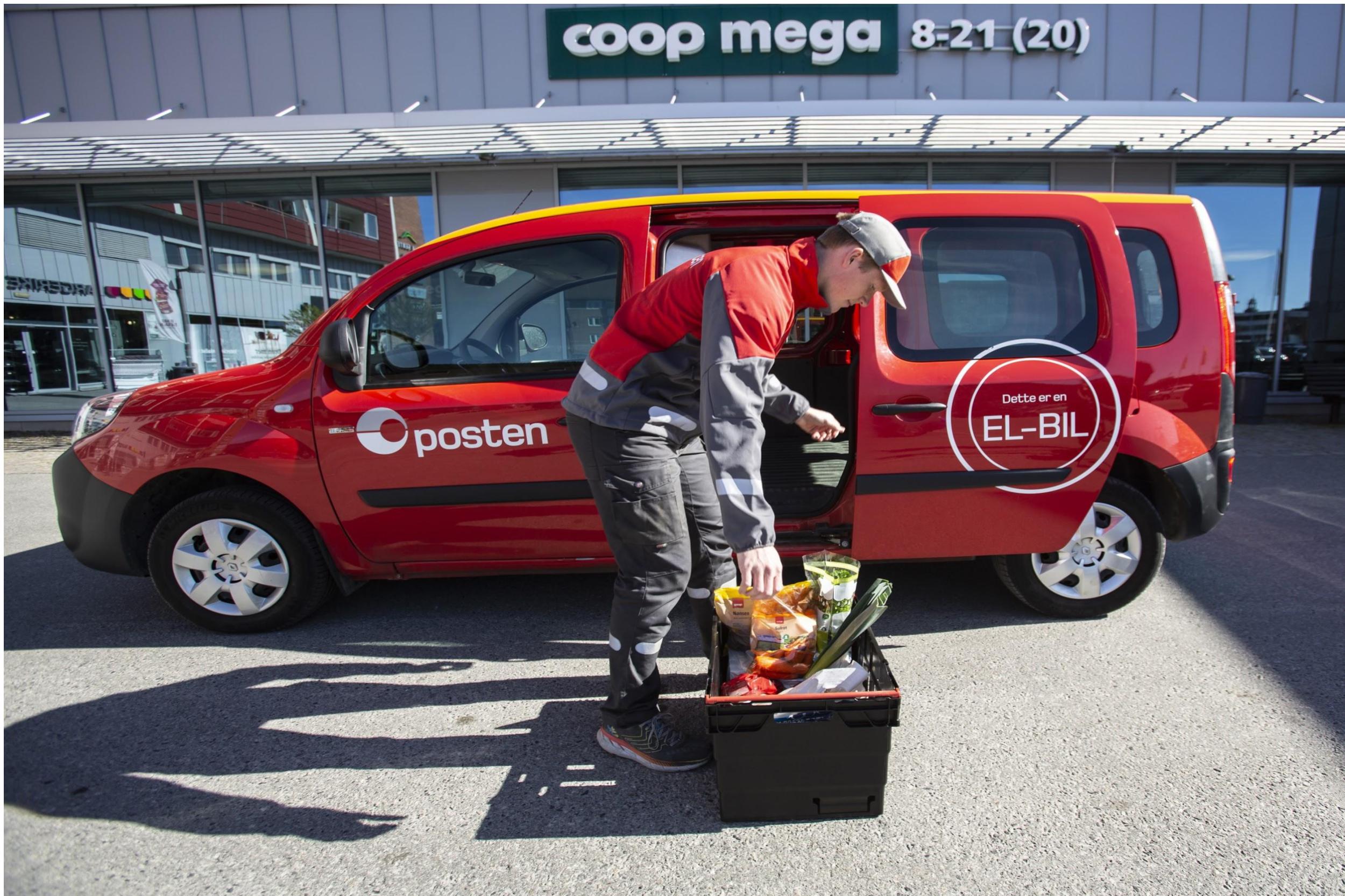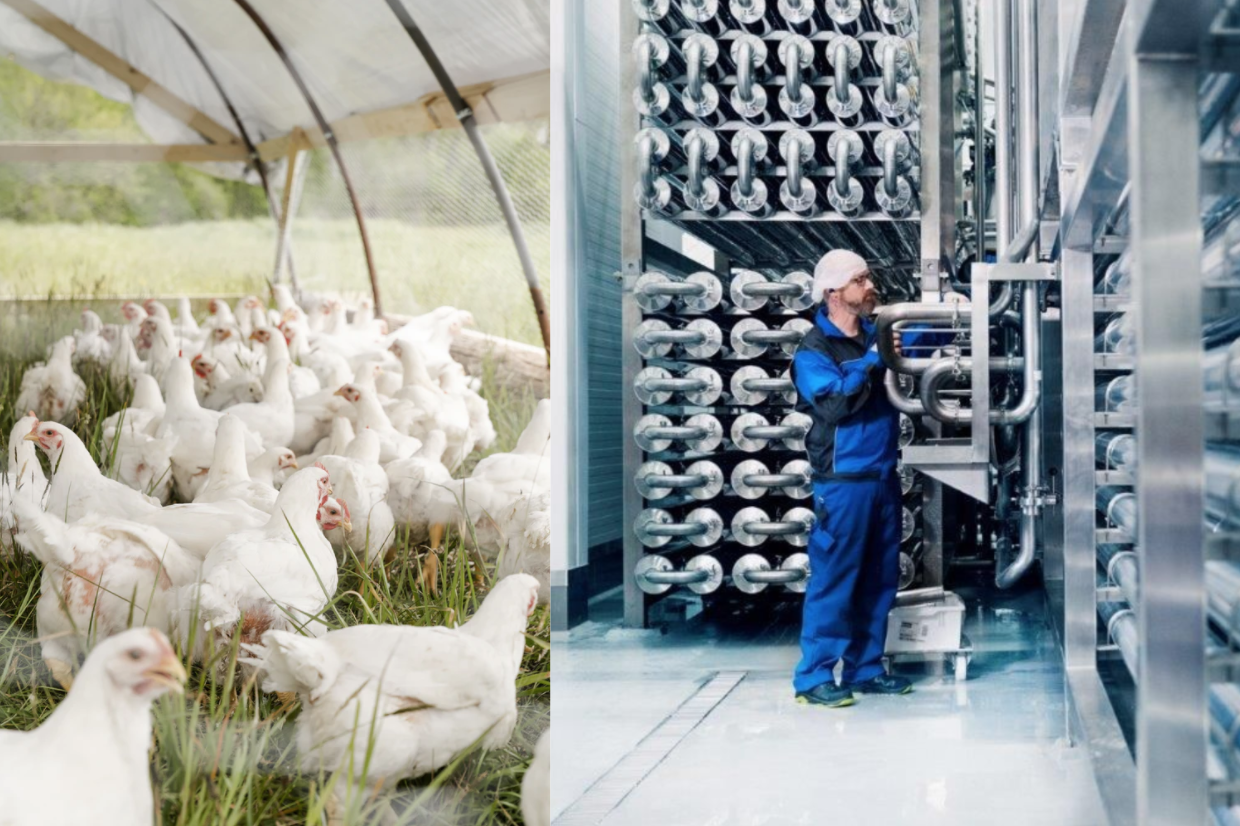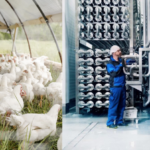(By Remi Eriksen, Group President and CEO of DNV GL)
DNV GL – Månedens medlem for desember 2015 i Innovation Forum Norway.
It is in the DNA of the business sector to embrace change, but we must collaborate to act faster and achieve more. As the newly-appointed Group President and CEO of DNV GL, I believe leadership and collaborative technology innovation will play a key role in addressing the most pressing challenges facing global society. This in turn will help us accelerate sustainable change.
The world changed dramatically during the early 21st century, and this poses many social, economic and environmental challenges. Of course, throughout history we have always faced challenges, but I think they are tougher and more complex now. Our challenges today are global, and we really don´t have the global governance to match this. Furthermore, they are too big and too varied for one industry to solve alone. Climate change is especially complicated because the consequences show up in so many different ways; you don’t really feel them in one clear way everywhere. So we need to mobilize across industries and across borders to address these challenges.
Promoting leadership
This is why change calls for leadership. The classic leadership attributes of setting a purpose, articulating far-reaching and inspiring ambitions, and mobilizing around a common goal are definitely in demand. However, we need an extra dimension. Modern business leadership needs to bring back a more traditional concept; that of stewardship.
I believe stewardship is as important today as it was 100 years ago. Whether you are running a business, a political party, a country or a farm, you should leave behind something better than you inherited. Your charge is bigger than yourself, and contributing to a bigger context should always be your first priority. Also, businesses have an important role to play. Together with governments and civil society, they must quickly come to terms with how business leadership can be used to serve societal interests too.
As a verifier, standard-setter and advisor for businesses worldwide on how to advance safety and sustainability in their operations, DNV GL has a special responsibility to make a change of direction possible. This is especially important as businesses are, in many ways, the entities best positioned to address some of the larger global sustainability challenges.
Countries are not global, political parties are not global; but many businesses are. They can scale ideas, visions and technologies in multiple regions or world-wide, and this gives them a global reach and a global impact that many other players don´t have.
I am truly optimistic about businesses’ ability and willingness to change to more sustainable operations. We at DNV GL see an increasing level of collaboration and demand for services that can help improve efficiency, qualify new cost-effective technologies, and standardize specifications and work processes – just to mention a few. Other major developments include digitalization, connectivity and the ‘Internet of Things’. Now it is all about bringing on smarter and more efficient solutions, not bigger and more complex ones.
Change building momentum
Multiple pressures from employees, markets and investors will do a lot to convince the laggards to catch up. However, keeping up with speed and complexity is not always easy, and not all businesses will adapt in time. I think we are in a period where the pressure for change is building. When that pressure is released things will happen very quickly, and I believe we will see a lot of ‘casualties’ among businesses that don’t adapt to the challenges ahead.
To enable transformation, change agents are needed in all spheres of society. In my opinion, cities are in many ways better suited to address the challenges faced by societies: they are more agile than most nations and definitely more so than international agencies, and they have the opportunity to apply solutions that can have an immediate impact on particular problems, while still having a positive effect on the long-term issues such as climate change.
Collaborative technology innovation
Other enablers are technology, innovation and collaboration. No stakeholder can solve our most important challenges so collaboration across a range of stakeholders, including regulators, is needed. We also need to use technology in a smarter way, prioritizing innovations that will create a more sustainable future. That work has already begun, for instance in offshore wind technology, autonomous shipping, alternative fuels, and smarter energy systems. The problem is that time is not on our side. We need to act and scale up quickly to stem the damage caused by unsustainable practices, and transform our future.
This is why we initiated the Global Opportunity Report (GOR). In collaboration with our partners UN Global Compact and Monday Morning Global Institute, we aim to demonstrate how global risks can be turned into opportunities and innovative solutions.
The first Global Opportunity Report launched earlier this year clearly demonstrates that for each global risk addressed there are plenty of opportunities, both for society and business. The key is to let global risks inspire cross-industry dialogues with the aim to develop opportunities. The Global Opportunity Report is an open innovation platform with the objective to capture and scale new sustainable solutions.
Certainly we will need a constant flow of new ideas to overcome the global challenges. Technology development will be a key driver in enabling change towards a more sustainable future. Combined with strong leadership, collaboration across borders, and smart regulations, the impacts will be all the more lasting and powerful.









